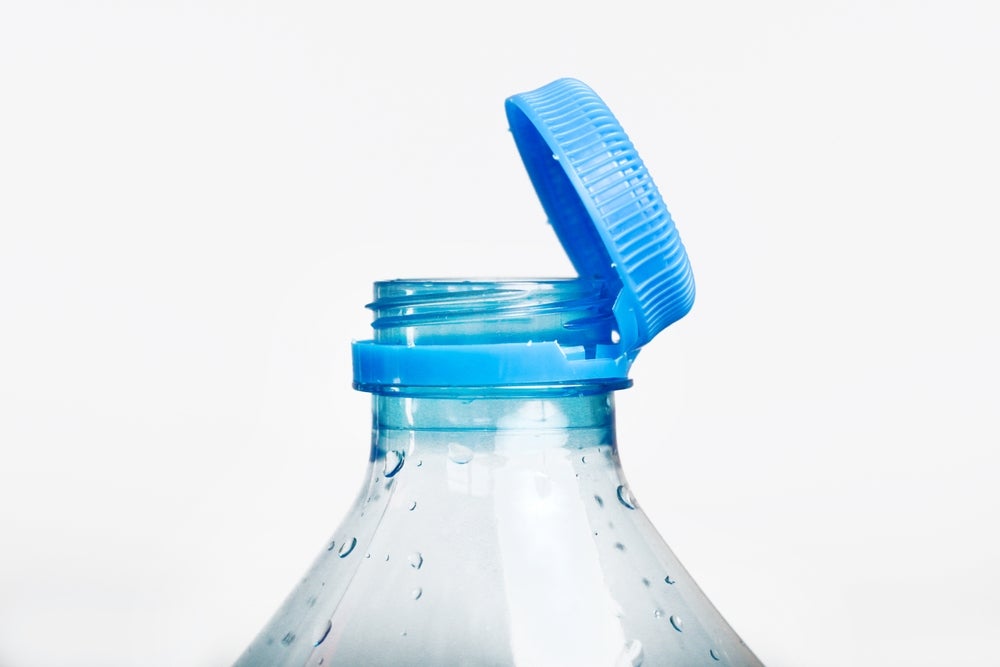A renewed round of global talks on a legally binding plastics treaty is due in Geneva this August, prompting the packaging industry to evaluate potential impacts.
The resumed fifth session of the Intergovernmental Negotiating Committee (INC‑5.2) will confront key issues such as production limits, chemical controls and waste‑management rules that directly affect packaging manufacturers, brand owners and recyclers.
What’s at stake for the packaging industry
The global plastics treaty is intended to regulate the life cycle of plastics—from design and production through disposal—placing packaging at centre stage.
Packaging accounts for about 158 million tonnes, or nearly 41%, of plastics entering use annually.
The outcome of INC‑5.2 may introduce caps on virgin plastic production, stricter rules for additives (e.g. PFAS) and extended producer responsibility mechanisms—measures expected to reshape packaging supply chains and design strategies.
Negotiation deadlock and persistent corporate influence
During the first part of the fifth session in Busan (25 November–1 December 2024), negotiators failed to reach consensus.
Divisions remain between countries pushing for strong production limits and those resisting binding commitments, particularly oil‑producing states and petrochemical actors.
Investigations reveal heavy lobbying by petrochemical and packaging industry groups in prior sessions, with scientists and civil society actors reporting intimidation and under‑resourced participation.
How packaging businesses are preparing now
Packaging firms and brand owners are increasingly assessing how future treaty provisions may influence their operations. Many are preparing for heightened transparency requirements, stronger recyclability standards and possible phase‑outs of certain single‑use or low‑recyclability packaging types.
Some businesses are investing in circular models, reuse systems and alternative materials—even those exploring biodegradable technologies such as biotransformation additives that accelerate plastic breakdown without creating microplastics, as developed by Polymateria.
While the negotiations continue, key voices argue the packaging sector must shift from a “take‑make‑waste” model to one based on reuse and extended producer responsibility.
Studies show reuse systems can cut packaging production by up to 90% and reduce emissions by 80% compared with single‑use models.
Context of Geneva inc‑5.2
INC‑5.2 is scheduled for 5–14 August 2025 at the Palais des Nations in Geneva, with regional consultations beginning on 4 August.
The session will include a ministerial segment from 12–14 August and aims to finalise outstanding components such as plastic production caps, chemical transparency, and financial support mechanisms for developing countries.
Packaging industry stakeholders watching developments closely. Many of the companies in coalitions backing the treaty—such as Unilever, Nestlé and Coca‑Cola—are advocating ambitious measures, including sustainable polymer production and plastic reduction targets.
Observers warn that without firm measures to curb virgin plastic output, recycling alone will be insufficient to change current waste trends and health risks.
For packaging professionals, INC‑5.2 represents a turning point.
The industry's response in the coming months—in shifting materials, adapting designs, investing in circular logistics and documenting supply‑chain data—may define competitiveness under the new global plastics regime.











